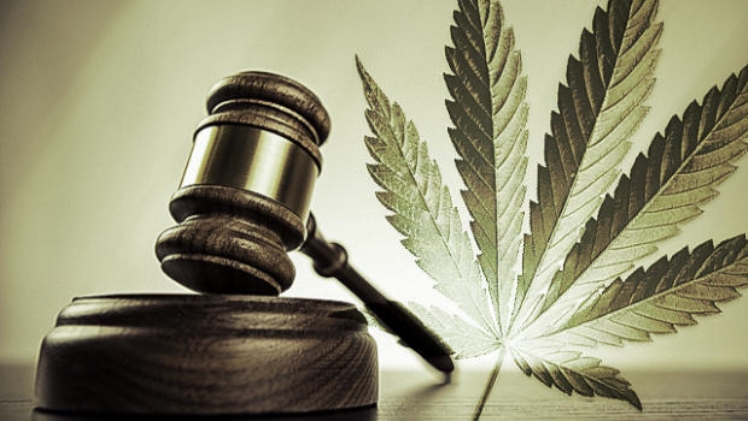As one of the first states in the nation, Maryland has its roots in tradition. But its citizens continue to merge innovation and the contemporary world with history.
This is visible in the state’s stance on marijuana. The rest of the country is quickly getting on board with legalizing weed. Yet, Maryland keeps it illegal except for those with a medical marijuana card.
Even if you have an MMJ card, your options are regulated. From the amount you can buy to the penalties for violations, here are all the state laws you should know about when you’re in Maryland.
1. Hemp-Derived Cannabis
Federal law under the Trump Administration made hemp-derived cannabis legal in all 50 states in the Agricultural Act of 2018.
Cannabis is sourced from either hemp or marijuana. Both plants produce cannabinoids. However, hemp does not have the high levels of the psychoactive THC component that makes cannabis illegal.
As long as you stick with products that contain .3 percent or less THC content, you’re within your legal rights. At this low level, you’re not likely to get high, no matter how much of the product you use.
2. Medical Marijuana
Anyone in Maryland who wants to use THC-based marijuana legally needs a medical marijuana card.
If you don’t already have one, the process to obtain one is simple. As long as you have documentation of a qualifying condition, it’s a matter of filling out applications and paying filing fees.
You’ll schedule an appointment with an approved MMJ physician, and when they grant you a card, you can begin buying cannabis from any nearby dispensary.
With your card, you (or your designated caregiver) can buy and possess up to 4 ounces (120 grams) of dried medical cannabis in a 30 day period. If it is THC-infused, this is reduced to one ounce (36 grams).
3. Recreational Marijuana
At the beginning of 2022, recreational marijuana is still illegal in Maryland.
That doesn’t mean everyone is happy about its current status. A bill is already in place, awaiting approval to add a cannabis legalization measure on the voter’s ballot for November 2022.
If it’s approved and the voters agree, possession of cannabis by anyone 21 or older could be legal as early as July 2023.
Further regulation would be required, of course. But the state could begin accessing the advantages of taxing weed. And its citizens could enjoy the benefits of recreational cannabis.
Currently, however, possession of weed without an MMJ card is going to net you some hefty penalties, depending on the circumstances.
4. Penalties
Anyone caught in possession of marijuana could face consequences from a small fine to jail time. Here’s a short breakdown of Maryland’s current penalty structure:
- Possession of fewer than 10 grams with intent to use personally is a civil offense. Fines up to $100 for your first time, $250 second, and $500 for subsequent are levied.
- Possession of 10 grams through 50 pounds is a misdemeanor. Punishment is a fine of $1,000 or less and up to one year in jail.
- This penalty changes to a minimum of five years in jail and up to a $100,000 fine for possession greater than 50 pounds.
- Possession for distribution of 50 pounds or less is a felony. Violators face up to five years in jail and a fine of $15,000 or less.
- This penalty increases to five years or more in jail and a fine of up to $100,000 for intending to distribute more than 50 pounds of cannabis.
Keep in mind that these penalties are much harsher if you are within 1,000 feet of a school or in a school vehicle. If you’re a repeat offender of distributing, the penalty is a minimum of two years in jail, no matter how much weed you had on you.
Miscellaneous Penalties
In addition to penalties for possession or intent to deliver, Maryland has other laws to watch out for.
Cultivating weed could fall under either category, depending on the amount of weed and other factors.
Bringing 45 kg or more into Maryland from out of state constitutes trafficking, which is a felony. And if you have a firearm in your possession at the same time, the violations are much more severe.
Penalties for possession of hash and concentrates are set at the same levels as dry cannabis. Paraphernalia is also punishable as a civil violation or a misdemeanor.
Conclusion
The battle to bring Maryland up-to-date on cannabis laws continues to go on behind the scenes. While it’s being waged, you’re still responsible for following the current legal structure.
The good news is that there is already legislation in place awaiting approval. Residents of the State of Maryland could be enjoying legalized weed by mid-2023.

